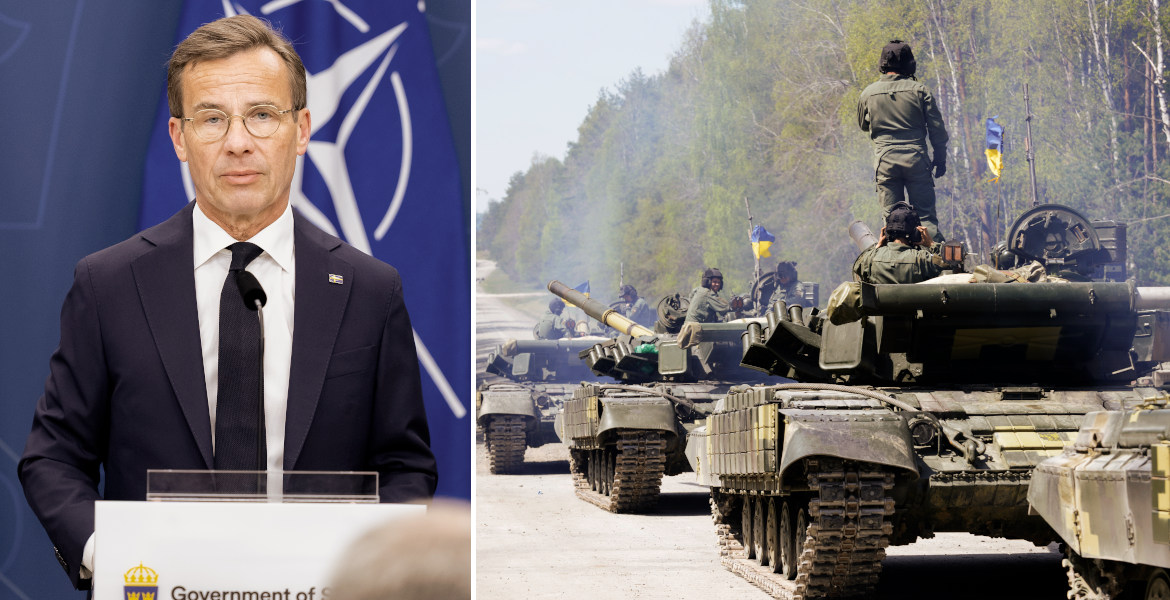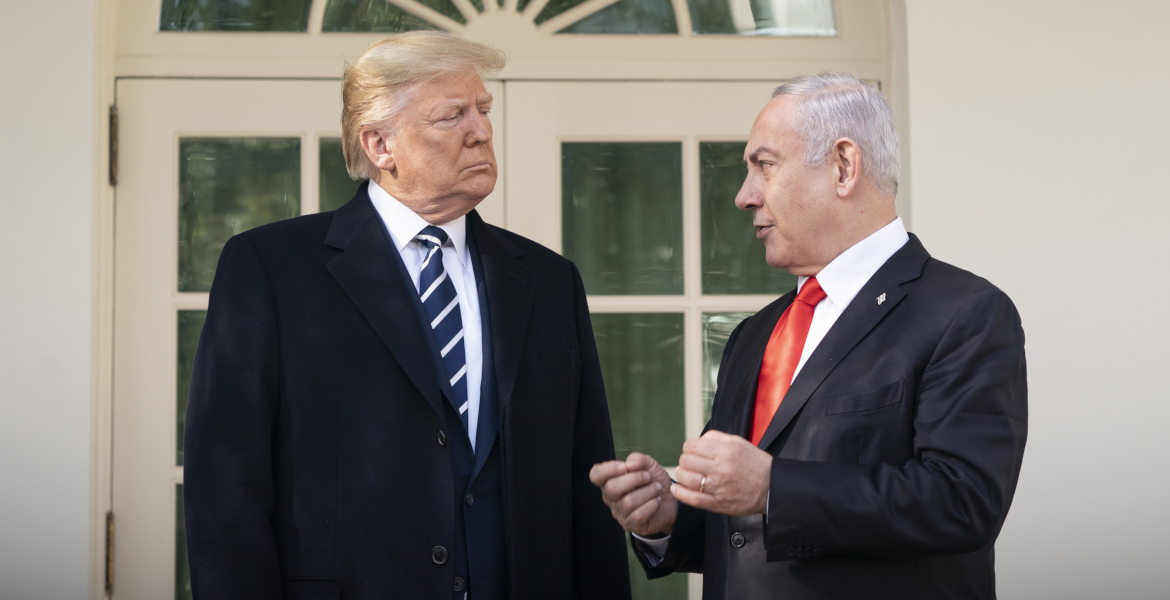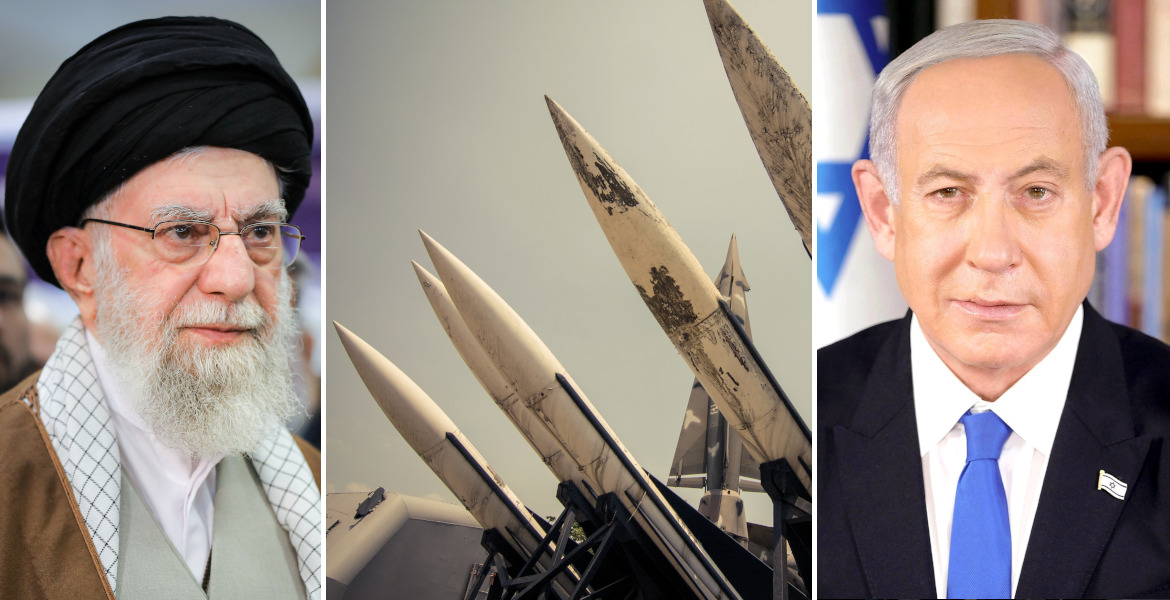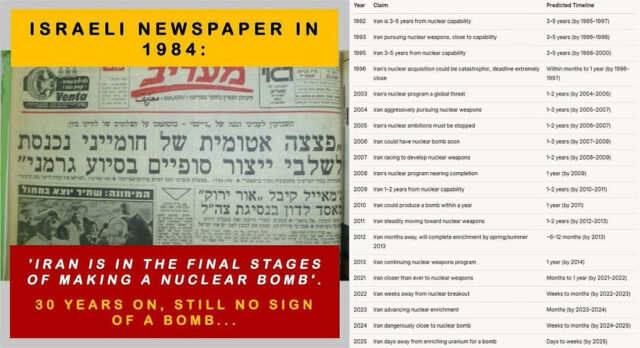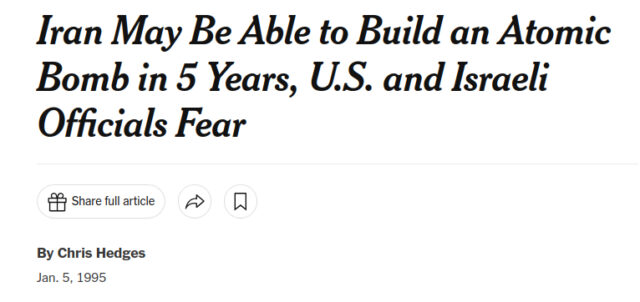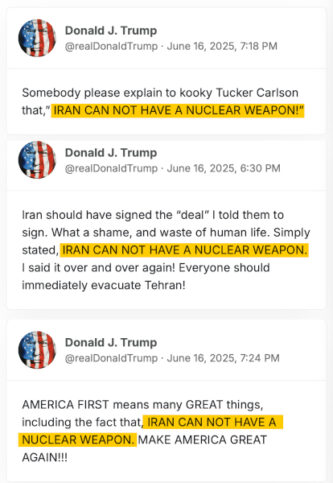Vietnam’s previously stable one-party Communist regime has been known for its consistency. However, President Võ Văn Thưởng’s sudden resignation on March 20, merely a year into his tenure, making him the shortest-serving president in the nation’s Communist history, indicates a growing tumult in Hanoi’s political landscape.
For weeks, several experts had been forecasting his downfall. Now, Thưởng has joined the ranks as the second president to step down within the span of two years amid a sweeping anti-corruption campaign that has ousted numerous high-ranking politicians in the Southeast Asian country.
During an interview exclusively with The Nordic Times, Carlyle Thayer, Emeritus Professor of Politics at The University of New South Wales, discussed Vietnam’s anti-corruption drive, its impact on internal politics, economic outlook, the potential for foreign investment, and the country’s image on the global stage.
Foreign investors becoming ‘nervous Nellies’
Vietnam’s political instability coincides with a period of heightened foreign investment, fuelled by a global trend among manufacturers seeking to reduce reliance on China amid increasing tensions between Washington and Beijing. Investors are growing increasingly anxious as the anti-corruption campaign extends to private enterprises, causing delays and uncertainties in government approvals for projects and licenses. Officials are hesitant to grant approvals due to concerns about potential corruption investigations.
Deliberating on whether Vietnam’s political instability would concern its foreign investors, Thayer said, “Beijing’s economy is in the doldrums and Vietnam heavily relies on the Chinese market. Vietnam wants science and technology to be the driver.
“They want innovation, clean energy transition, protected supply chains, help the semiconductor industry, and more. They want to modernise. So, to do that, they are going to have to encourage investment and make decisions. They already have had at least 50 US businesses visit the largest US trade mission.
“But investors are understandably apprehensive about potential shifts in leadership. And the closer you get to a party congress, you see a slowdown in the process of decision-making and approvals. However, it will be up to Prime Minister Phạm Minh Chính and his cabinet to drive progress.
“Vietnam, being risk-averse, will avoid unnerving investors who might hastily withdraw their support. The last thing they want the investors to become is nervous Nellies and scare the horses. They need foreign investment, including from China. It is crucial for Vietnam’s economic stability and they are not trying to move to the West only.
“Therefore, Vietnam has a pragmatic approach that involves constant self-reflection to drive economic progress and maintain political stability. It recently expressed interest in establishing trade offices in five major Chinese cities and aims to collaborate with India, particularly in high-tech sectors.”
Impact on domestic politics
On March 20, the Vietnamese Communist Party acknowledged the resignation of President Võ Văn Thưởng, citing “shortcomings”, according to a government statement. The statement specified that Thưởng, who was widely perceived as having a close relationship with the General Secretary of the Communist Party, Nguyễn Phú, Vietnam’s most influential figure and the main architect of the anti-corruption drive, had breached party regulations, and these “shortcomings” had led to adverse public perceptions, tarnishing the reputation of both the party and the State, as well as his own personal standing.
Discussing how Thưởng’s sudden resignation could impact Vietnam’s domestic politics and its image on the global stage, the professor opined, “Well, Thưởng has resigned and there are 20 months left in his term of office, actually a bit more, till May of 2026. So, at the moment, Vietnam has appointed Vice President Võ Thị Ánh Xuân to replace him. But she is not a member of the so-called four pillars of the Vietnamese leadership and one has to be a permanent member of the political bureau.
“So, the Central Committee must decide who will fill the president’s term. Earlier, the party secretary general assumed the presidency after a president’s death but relinquished it upon the term’s end. But it’s unlikely the current Secretary General (Nguyễn Phú Trọng) will do the same due to age and health concerns.
“Therefore, they have two options: Appointing a caretaker or someone to serve the term without major shifts in foreign or economic policy. But despite the transition period, I expect Vietnamese politics to remain stable, with leadership changes every five years, with a significant turnover, organised by age groups and regional representation.
“Of course, navigating their internal procedures can be cumbersome. Moreover, regardless of their actions, the outgoing leadership will review candidates. But once we get this interim decision made, it’s a steady state.”
Selection of future leaders
Transitioning power is a complex task in any nation, and Vietnam is no different. Following the conclusion of the 13th Congress of the Communist Party of Vietnam, a new leadership team was selected to guide the country for the next five years. However, rather than rejuvenating national leadership to confront looming strategic, human security, and economic challenges, the party failed to deliver on its pledge for a generational change with several high-profile dismisses and prosecutions within the party.
Highlighting why there has been no significant change in the party’s internal dynamics, particularly regarding the selection of future leaders, Thayer explained, “With around 180 full voting members alongside alternatives, vacancies still exist within the central committee, primarily due to retirements. Vietnam systematically appoints people by age groups. It’s like an escalator. You have under 50, 50 to 60, 60 to 65.
“So, every five years, a new group, comprising provincial representatives, military, public security, and party officials, ascends to form the core of leadership, although gender representation remains low and there is only 10-14 per cent of women. Nevertheless, apart from occasional exceptions, structural composition, and sectoral representation ensure stability, as we have seen in regular party congresses since 1976. Therefore, the structural makeup and sectoral representation are ingrained, like DNA.”
He further suggested that Vietnam’s default stance leans heavily towards stability. Therefore, there are rarely any radical shifts, as the provinces, although under the same party umbrella, function independently. This setup provides a stabilising effect on the overall system. Since the reunification in 1976, party congresses have occurred regularly every five years.
“I’ve conducted analyses on turnover by age group and sector that show a remarkable level of stability. While there may be some fluctuations, the system’s foundation remains robust,” he added.
Who will be Thưởng’s successor?
The President’s role is largely ceremonial but ranks among the top four political positions in Vietnam. Recent shifts in leadership within the single-party system have all been associated with the extensive “blazing furnace” antigraft campaign, aimed at eradicating pervasive corruption but also suspected of being used for internal political struggles.
When former President Nguyễn Xuân Phúc resigned last year following allegations of “violations and wrongdoing” by officials under his jurisdiction, it took lawmakers a month and a half to appoint Thưởng as his successor. Therefore, the upcoming elections for a new president in Vietnam carry significant implications for the country’s political stability.
Underscoring the importance of the forthcoming elections in the Southeast Asian nation, the professor stated, “To host a head of state or government, you need a president who sits at the top political body, granting some authority but not independent policymaking power. The president essentially acts as the perfect salesman for what’s already been agreed collectively.
“Therefore, Vietnam must promptly fill this role to engage in meetings and summits in the region effectively as it significantly elevated its partnerships last year, aligning with the US, Japan, and Australia as comprehensive strategic partners, followed by South Korea the year before. This places them alongside China, Russia, and India, long-standing traditional allies and partners of Vietnam.”
Speaking of the Communist Party’s criteria for selecting Thưởng’s successor, Thayer said, “It will heavily influence Vietnam’s trajectory leading up to the 2026 National Congress. Typically, the Secretary General oversees the nomination process for a successor, by conducting straw polls to gauge support within the central committee. And now this process has been expedited due to Thưởng’s resignation, likely resulting in a smooth transition to the 14th Congress in early 2026.”
Is Vietnam losing its ‘China plus one’ tag?
Vietnam’s proactive approach in encouraging both Chinese and international companies to relocate operations to its territory and diversify their investments has played a significant role in its successful implementation of the “China plus one” strategy.
However, some experts feel that the government must now establish a clear and transparent legal framework to sustain its endeavours in combating corruption across both public and private domains. Otherwise, the lustre that the Southeast Asian nation has gained as being “China’s plus one” may fade away before long.
Mulling over the possibility of Vietnam losing its “China Plus One” status, Thayer remarked, “Well, the whole ‘China Plus One’ concept hinges on whether Donald Trump comes back after the November elections (in the US). It refers to businesses, both foreign and Chinese, moving some operations to Vietnam to avoid potential US sanctions or tariffs on Chinese goods. But it’s a tricky situation.
“But despite these challenges, I don’t think it could lose its ‘China plus one’ status. In fact, Vietnam’s status as a non-market economy could change soon, potentially leading to more favourable trade terms with the US.”




